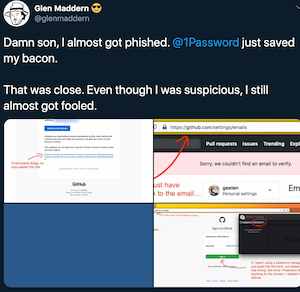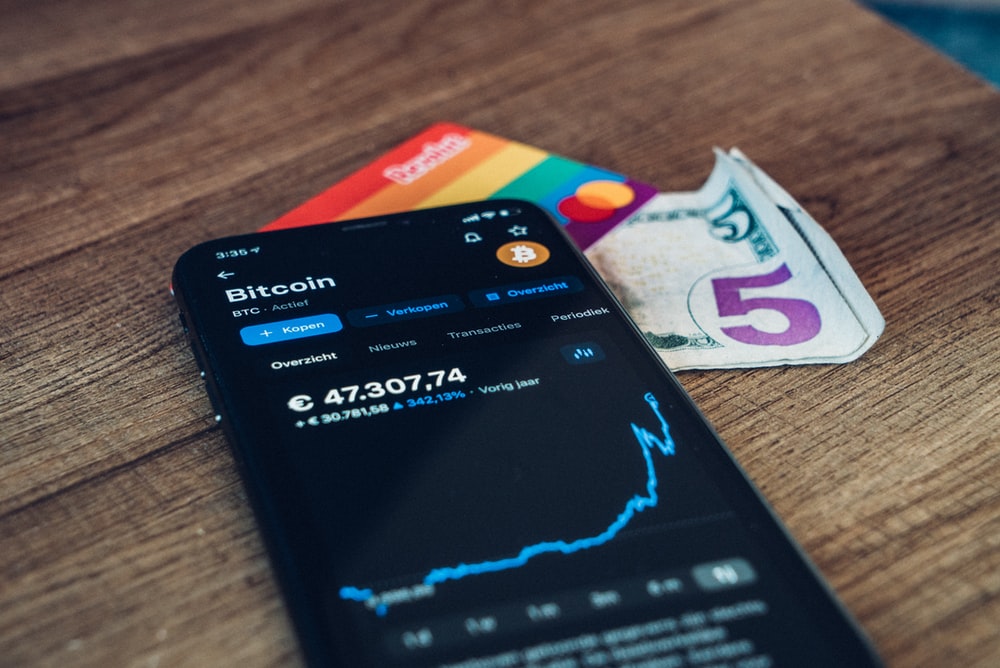Digital rants are on the increase and everyone’s digital data/information is on target.
Not a single industry or company is left without the worries of a cybersecurity breach and every day countless IOT users lose their valuable data due to digital scams or attacks.
The best solution in sight to fight against these cyber-attacks is to learn to defend against online attacks.
Cybersecurity/IoT threats
In this day and age, the security of our private data/information is being continuously threatened by cyber-security offenses.
The digital well-being of every internet or technological- application user is in danger due to a high increase in the number of cybercriminals and the ways by which they use different hacking methods to compromise our sensitive information.
Cyber-crooks now more than ever are targeting users/businesses’ IoT devices like mobile phones, laptops, personal computers, smart watches, I-pads, etc. to compromise the data/information present in the IoT devices.
Due to the rapid increase in the novel disease of Covid-19 (coronavirus), the situation of cyber-crimes happening globally has become worse.
A majority of employees, users/students globally are working remotely, This increased amount of remote workers means the wider target- audience for cyber crooks and digital mafia groups.
For all of us working online at the office or remotely, we must learn solid ways by which we can protect our information/data from digital attacks.
For the sake of understanding on below are some types of cyber risks/attacks an IOT device owner can face.
- IoT-device contains security-flaws
- Ransomware-attacks
- DDOS-offenses
- Virus/Malware-Attacks
- Spams and malicious-emails
- Social engineering and data theft/leakage etc.
All the above-mentioned are the cybersecurity risks/attacks that an IoT device owner can face if proper security measures are not deployed for personal digital protection.
Defending and preventing cybersecurity/IoT threats
Cybersecurity risks/threats can be endless as there are a plethora of cyber-attack methods that cyber-crooks can use.
However, as we have discussed a variety of threats/risks above, It is time that we discuss how these risks can be mitigated for increasing cybersecurity protection.
Security breaches by cyber-hackers to gain and compromise sensitive organizational or personal data of users are rising at an alarming rate.
Cyber-attackers and hackers are constantly targeting users/organizations and Government-institutes to steal any sensitive information of customers and employees to fulfill their personal and political agendas.
How to protect yourself against cyber attacks
1. Use Antivirus to defend against malware/viruses
It is absolutely true without a shadow of a doubt, that cyber-crooks use many different types of malware/viruses to target/attack users and companies/businesses to fulfill their personal or political immoral agendas.
It is imperative that of not to download/install/open a suspicious-looking file/document because it may very well be a malicious virus that can cause irreversible damage.
Malware/virus-like ransomware can infect IoT devices with many different mods and can also encrypt/lock our personal data/information present on our IoT devices and cyber-hackers can demand extortion to unlock our data/information.
So it’s always advised to use NEXTGEN Antivirus Software which is built with the intelligence of detecting different malware and virus structures, I will recommend checking Vipre Antivirus, they are awesome based on reviews.
2. Updates your apps/software always
When it comes to app updates, people seem to get this wrong, updating an app is not for the design changes alone, its also for some security patches, app owners will not just release app updates unnecessarily, there is always a patch to some loophole, so update your apps always.
Here is a scenario, let’s say as a small business owner, your website uses MySQL as database storage, unfortunately, you left it un-updated, and the exploit to the version of the MySQL you use is available online, and the Version of the software is exposed via headers.
You’ve just made it easy for even a neophyte to attack you, so guys always update your software and app and save yourself from stress by sacrificing a few internet data bundles/subscriptions.
3. Think before you click
Yeah, we are in a generation, where we get substantial information, too much data out there, so every day of our lives we click on links daily, from pictures, addresses, and more, Always be cautious of links that you click.
In fact, I will say don’t trust any link, the shortened ones are the most dangerous, or those links that attackers have the chance to edit the anchor text for the links, well some of you might be like, I can’t get phished, LOL, no one is an ANTI-phishing Guru.
Attackers are getting smarter every day, so shine your eyes on links before clicking, check out this tweet of a really crafted phishing attack, go laugh a little.

Yeah, you might be so smart in deciding which links you click, but you never can say maybe the mail you get is crafted so well, that you won’t even think twice before clicking.
4. Limit Sensitive Personal Info Online
Owning an account on some platforms is necessary to access their service, but you also need to be cautious of Personal Identifiable Information (PII) you put out there all in the name of I need an account with this platform.
It’s better to leave their platform and find some other platform to use, you can check out similarweb to get alternatives of any platform
5. Check your device permitted apps access
Guys, honestly you need to look out for this, always check the permission that each app has on your phone, that way you can uncover a lot of things going behind your back, let’s say you downloaded a game application and in order to join your friends who are already in the game, you accepted all the permissions so as to join the game fast.
Later on, you checked the permission settings and discovery the Game application required access to your phone contact, and messages in order for you to play the game, lol, that’s tricky, what do a game app needs that for?
So guys always check your phone app permissions, for Android phone users, Goto Settings> App & notifications >Advanced > Permission Manager, and look for those fishy apps that are asking for unnecessary permissions.
6. Avoid phishing-scams
Phishing scams are drastically increasing in both strength and in numbers and cyber-crooks love to use this cyber-offense because of its unpredictability and due to the fact, it is almost unstoppable.
Cyber-hackers are known for their skills/expertise and most of them are evil- geniuses, pardon using that word because they devise such sophisticated digital scams that regular non-tech-savvy people using IoT devices are not able to even suspect these scams.
A normal-looking website that a user may use to buy something online says a baseball glove when entering credit-card details it will go straight in the hands of cyber-hackers and users will know of this scam after when it is too late to do anything about it.
So never use your credit card on any platform you don’t recognize or don’t have huge records of usage if you need to buy on any online shop go straight to Google and search for the shop directly, never use any other medium that will redirect you to the shop.
just go to the website’s main URL, and make sure they use HTTPS.
7. Become skillful
If you do not have the required knowledge and skills/expertise to protect your digital-wellbeing there is a little chance that you will become a victim of a cybercrime.
Always learn more cybersecurity-awareness skills/courses that help you increase your digital protection by teachings of several ways of defending and preventing cyber-attacks/risks.
In fact, you can keep a look at the internet if your data is breached or exposed online using this amazing project Troyhunt did called HaveiBeenPwnd, all you to do is input your email in the haveibeenpwned search box, and if any data that breached online has your data in it, it will pop up to you, so you can do the needful.
8. Always use VPN
Most IoT-device users must already know about what is VPN and how and why it is used, We IoT-devices users may use VPN for unlocking entertainment-related platforms/websites that may be banned by our country/state for users to access.
But a VPN is more than that and a good VPN can completely make our online activities private and can reduce the chances of a cyber-attack.
For small to medium-sized businesses, some of your employees are likely to work remotely. Tablets and smartphones now make it easy to work anywhere else out of the office.
But if you don’t ensure your team is using a secure network, you will be vulnerable to cyber-attacks, Bad Hackers can intercept your data, especially if you’re using public WiFi.
A VPN can be used on any device and from anywhere to encrypt data and thus secure it from hackers.
Wondering which is the best? well, I have done the work for you, NordVPN is the best VPN I can suggest for this. Have tested it and that’s what I use, you can check them out here.
9. Using the essentials
When we do not use the very basic levels of security measures the chances of a cyber-attack/breach rise to a great extent.
Using essential security tools like Anti-virus, firewall- solutions and a good VPN can reduce the chances of a cyber-attack to a good extent.
For the sake of cyber protection digital identities play an imperative role, and a VPN can vanish our true identities/locations hence protecting against potential cyber risks/attacks.
Similarly, any malware/virus if downloaded by mistake can cause severe consequences but using a good firewall/antivirus can quickly detect and delete a potential virus/malware.
Conclusion
Let’s face it, everyone uses the internet, and for using the internet we need a web browser, It’s common knowledge that there are billions of people who use the internet every day and for hours.
With this huge amount of users using the internet via different browsers that cyber crooks can target.
There are a number of malicious methods that cyber crooks or cybercriminals can exploit the web browsers we use daily including, reverse-engineering, phishing-attacks like spear-phishing, using ad-based-malware or adware, email-based attacks, and so on.
The point of the matter is there are many ways that a highly skilled unethical hacker can exploit our devices using different cyber-attacks.
Therefore practicing privacy enhancement methods plays a vital role in developing secure habits that can save me and from any malicious-attack attempt on our IoT devices.
Here are a few hand-picked guides for you to read next:





